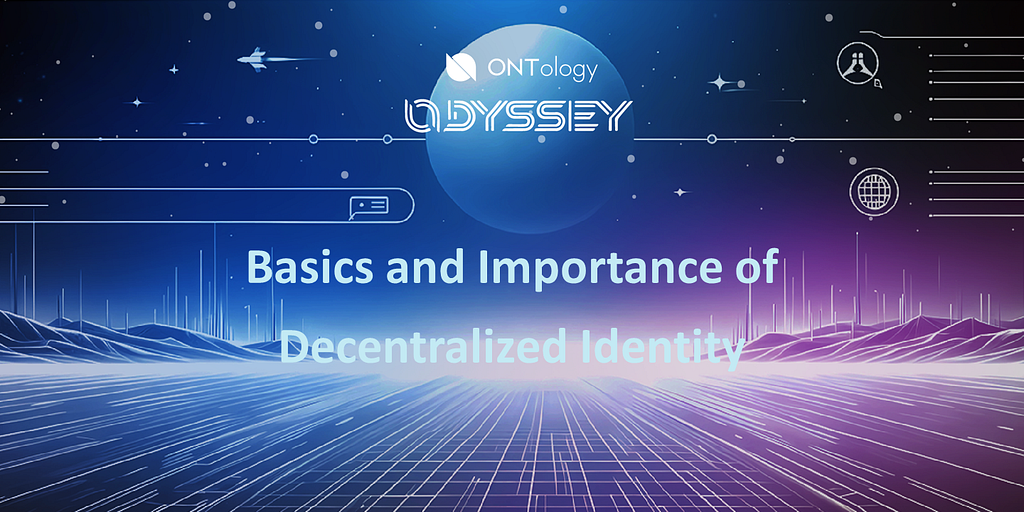Basics and Importance of Decentralized Identity
2
0
Unveiling a New Era

In our digital age, the management of digital identities has become a critical concern. Traditional centralized systems, managed by entities like Google and Facebook, often fall short in safeguarding user privacy and security. This introduces Decentralized Identity (DID), a paradigm shift that promises not just a technological revolution but a cultural transformation, emphasizing digital independence and security.
The evolution of identity management from centralized to decentralized models, with DID at the helm, marks a significant departure from the status quo. Initially, online identification relied on methods like emails and passwords, with enhancements such as WebAuthn bolstering user authentication. However, these centralized systems presented considerable privacy and security vulnerabilities, leading to an urgent call for a new approach. DID, utilizing blockchain technology, represents this new frontier. By empowering users with control over their personal data, DID ensures privacy and enhances security, heralding a new era of digital interactions that prioritize user autonomy.
This shift to DID introduces numerous benefits:
- Streamlined Verification: Simplifies the authentication process, allowing for safe and efficient identity checks.
- Enhanced Security: By distributing data across a decentralized network, DID minimizes the risks associated with centralized data storage.
- Greater Privacy: Users control their personal information, sharing only what’s necessary and with whom they choose.
- Reduced Data Breaches: The decentralized nature and encryption methods lower the potential for large-scale data breaches.
Blockchain technology underpins DID’s advantages, providing a decentralized framework that transforms personal data management. This not only secures information through encryption but also assures data integrity, as altering recorded information requires network consensus. Blockchain’s role is pivotal in overcoming the limitations of centralized systems, offering a verification mechanism that bolsters trust without compromising privacy.
As we look towards a future shaped by these advancements, DID stands as a beacon for a user-centric digital ecosystem. This evolution from centralized control to decentralized empowerment signifies more than technological progress; it marks a shift towards a digital existence where privacy, security, and user autonomy are paramount. The journey towards this future, driven by blockchain’s innovative capabilities, promises to redefine digital identity management, ensuring a more secure, transparent, and empowering online world.
In conclusion, the move to decentralized identity systems is not merely a response to the shortcomings of centralized models but a forward-looking vision for a digital society grounded in autonomy and trust. As this paradigm shift unfolds, DID emerges not just as a technological solution but as a cornerstone for a future where digital interactions are rooted in empowerment and transparency, reshaping our digital lives in profound ways. This transition to a decentralized framework marks a pivotal moment in our collective digital journey, promising a more secure, private, and user-centric online experience.
Basics and Importance of Decentralized Identity was originally published in OntologyNetwork on Medium, where people are continuing the conversation by highlighting and responding to this story.
2
0





